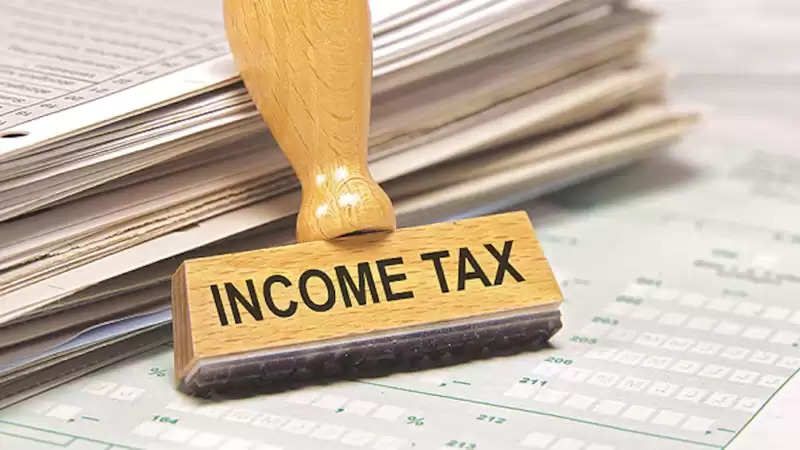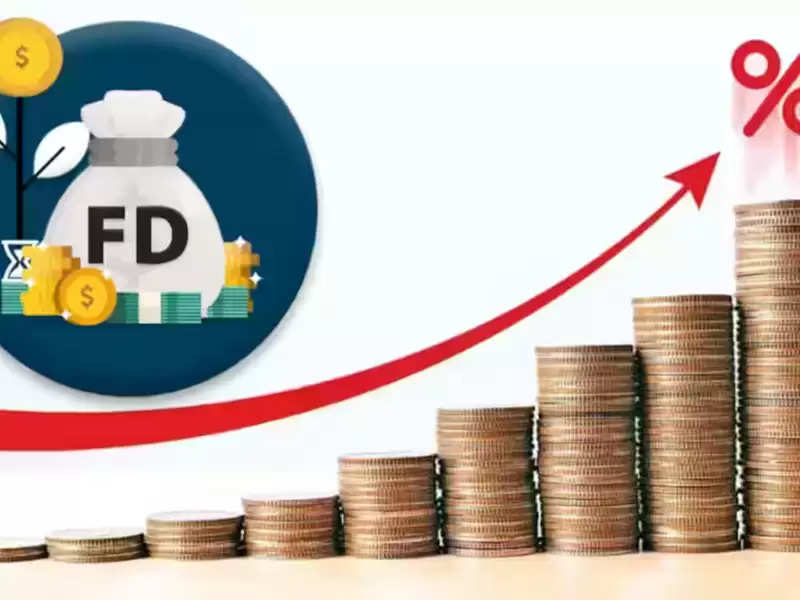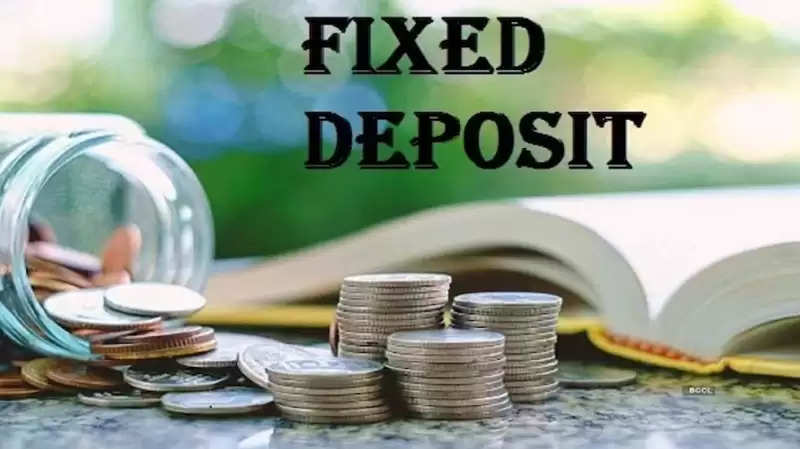Income Tax Tips: If you invest in FD, then keep these things in mind while filing returns..

Fixed Deposit (FD) is included in the portfolio of many people. Even if a person does not invest in FD regularly, it is often seen that he puts money in a Fixed Deposit for some time for better interest. This gives him some income.
But while filing the Income Tax Return, it often happens that the income is missed or there is difficulty in calculating it. Therefore, it is important to do it carefully so that the correct figure can be filled in the tax return. Let us know how it should be done.

Interest from Fixed Deposit
When an investor invests in a fixed deposit, the income starts increasing and it is paid in the form of interest. Interest depends on two main factors. First, the interest received on the fixed deposit.
Second, for how long the deposit has been made? One thing that the investor should keep in mind is that he can invest money in FD at any time during the financial year. The interest has to be calculated till the last day of the financial year. Only then will it be known how much income has been earned?
Payment of interest
One of the biggest and most common mistakes that investors make involves interest related to FDs. When it comes to fixed deposits, there are two ways in which an investor can get interest. One is the payout option in which the payout happens at different intervals.
The other is the cumulative option where interest is paid on maturity of the deposit. In the payout option, many taxpayers add the amount received by them and it is considered as income.
Now the problem arises when the payout period is not at the end of the quarter and the last payout does not come on March 31 of the financial year. If the final interest for the year is calculated and paid on March 31, then it includes the entire earnings of the year.
Banks have their method of paying interest and many people put the money based on the date when the deposit was made. This saves some time.

Let us understand this through an example. First, let us look at the case where interest on deposits is paid every quarter. If the interest paid is Rs 560/quarter, then the last payment for the year will be on March 31 and in this case, there is no further earning.
In comparison, if the payment was made on March 15, then not only will the payout include the interest earned for the year, but also the interest accrued for the remaining 16 days till March 31.
PC Social media
 (1).png)
